Not paying taxes is not immoral, but continuing to pay them until you don’t have to is immoral
Even nomads pay taxes (and don’t have to)
I was inspired to write this article by a meeting of nomads from around the world in Bali, where I am currently based. I was surprised to learn that even though many of them travel full-time and live nowhere more than 183 days a year and have no center of life anywhere, they are still employed “full-time” in their home country or run a business there and have an insane total tax and levy burden (over 50%). This means that even if they don’t have to legally (and they can have tax residency in Paraguay and do business through a US LLC company), they are still (in this case voluntarily) in the shackles of their tax master.
If you don’t live in the EU most of the time, it usually does not make economic sense to continue to be a victim of this tax hell – to continue to be employed there as a sole entrepreneur or in a regular employment relationship.
It has been interesting to see how nomads differ in their views on the state, especially on paying taxes:
Nomads from Western Europe often believe they receive adequate services for their taxes. Still, if they had the option not to pay them, of course, they wouldn’t pay them – I often observed an apparent cognitive dissonance in them – we like to pay taxes because the state provides us with quality health care, education, and roads in return. When I responded, Then why don’t you make it voluntary, the response was that no one would pay taxes (but otherwise, they “like” to pay them).
Central European nomads believe that “those who pay taxes support corruption.” Logically, you can’t pay taxes if you don’t support corruption.
The Eastern European nomads went even further – they considered the state a criminal racketeering organization that not only steals all the money but commits outright evil – imprisoning and criminalizing people, starting wars, etc.
All the nomads agreed that if taxes were voluntary, no one would pay them (not even the citizens of Western Europe who otherwise “like to pay them”).
I should point out that in this nomad community, I was the only opinionated libertarian (which was a bit odd for me).
We went from the question of whether not paying taxes is immoral (the simplest logical and ethical explanation can be found in this video, and unless you are convinced and believe in an invisible “social contract,” the “You can always leave” video has a more detailed explanation) to the question of whether, on the other hand, paying taxes is moral.
Why paying taxes is immoral
By paying taxes, you contribute money to inefficient, dysfunctional state services that distort the market by introducing monopolies (education, health care, etc.) and killing potential competition (thereby reducing quality and increasing price across the board for all citizens). You are also contributing to explicitly immoral things, even crimes against humanity.
Suppose you’re a citizen of a country that wages invasive wars. In that case, you’re contributing to the entire militaristic complex (for example, my stateless friend Mike Gogulski revoked his US citizenship just for this so he wouldn’t have to contribute to it with his taxes).
If you are a citizen of Slovakia, your taxes support the criminalization of innocent people whose lives have been entirely ruined by the state (for example, Jozef Sipos got 20 years for growing marijuana, plus the confiscation of his family home). There are many such cases in Slovakia. In addition, you are contributing to the blanket censorship we have in Slovakia and the ever-evolving digital totalitarianism. Last but not least, you support a dysfunctional judicial system that lets aggressive murderers go free after three years (Juraj Hossa, who beat a Filipino to death in the center of Bratislava, is going free).
If you pay taxes, you are making a real contribution to all this immorality.
And don’t ignore it. I know it’s hard to read and even harder to listen to.
You don’t have to be a libertarian or an anarchist who rejects taxes on principle as a one-sided relationship enforced under the threat of violence to realize this simple fact.
You say, “But the state does many good things; you can’t just look at it in black and white like that.” The question is, therefore:
Would you support any other organization that commits similar crimes?
Imagine any other charity that donates 99% of its budget to a noble charitable cause but uses 1% to abuse young children (the similarity to an existing religious organization in Slovakia is purely coincidental).
Would you support this organization?
If you view the state in purely utilitarian terms, most of the things it does are beneficial, so paying taxes is fine, even though it commits atrocities here and there. Then you should view this charity in the same utilitarian way – they may abuse little children here and there, but most of their budget goes to a good cause, so supporting them is correct.
Similarly, just as it is irrelevant whether our imaginary charity uses 1%, 0.1%, or 0.01% of its budget to abuse young children, it is vehemently immoral to support it, so it is equally sinful to help with taxes a state that is also doing lots of “good things” while committing all sorts of other atrocities (such as putting innocent people in jail for 20 years for victimless crimes).
The argument that we can influence the behavior and conduct of the state, as opposed to the charities mentioned above, with our democratic voice and do everything we can to ensure that people don’t go to jail for 20 years for pot is weak, naive in the extreme, and also irrelevant.
If we were offered the opportunity to choose the management of our charity, which abuses young children, by a vote of one in a million, as an excuse to say that if we don’t like the fact that young children are being abused, we have the opportunity to change it with our vote, we would also find that incredibly ridiculous and naive.

Where is that line of “criminality”?
I recently did a poll on Twitter of Democratic voters (not libertarians) asking whether they think it is right and moral for Russian citizens to pay taxes to support Russia’s invasion policies. Most Democratic voters in my poll who have no problem paying taxes consider it immoral to pay taxes in Russia.
This raises the question of what the level of criminality of the state must be for people to come to this conviction:
- How many people must be locked up in your country for victimless crimes, and for how many years?
- How extensive censorship must be in your country
- How high must taxes and levies be in your country?
- How dramatic the state’s interference in people’s lives must be
for the democratic voter to finally “assess” that this already smacks of totalitarianism; it is now immoral (like in Russia) to pay taxes and contribute to all these atrocities.
If you are observant, ethically consistent, and have been following what has been going on for the last few years, you know that we have already reached that threshold. By paying taxes, you are supporting a criminal system.
How much effort is appropriate not to support a criminal system with my taxes?
“But I must pay my taxes; I can’t just avoid them!”
If, like me, you perceive that your taxes are supporting a criminal organization, you should do everything you can to use all legal means to minimize your tax payments and, therefore, your footprint of support for the criminal system.
Some taxes (such as excise or VAT are unavoidable – although I’ve heard some people use Hong Kong as a country for online orders, where there is no VAT). But a lot of taxes can be avoided legally. Please set up an offshore company and do business using it. If you don’t live in your tax hell country, cancel your permanent residence and tax residency there. Don’t do business through your home tax-hell company, and don’t feed your tax master. If your job allows it, become a digital nomad and global opportunist.
I’d much rather pay money to an offshore consulting firm that will legally optimize my business than pay that money to the Slovak state to support the criminalization of innocent people and state corruption, even if it costs me more than the amount of taxes paid.
I consider it a more moral decision than supporting a criminal organization with my money.
If you are ethically consistent and don’t want to support a crime committed by a state in which you are a tax slave, you should devote considerable effort, time, and money to extricating yourself from it.
I care about what I support with my money, and I trust that you will, too, after reading this article.
